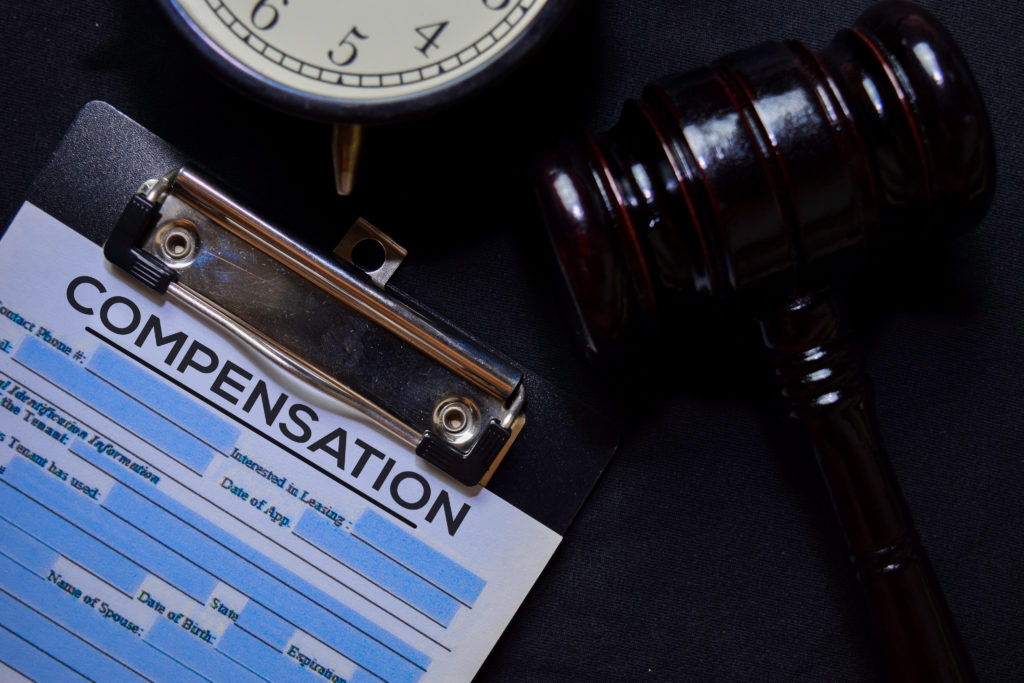If you are injured in an accident that was not your fault and you file under the liability insurance of the at-fault driver, then you do not have to pay a deductible. The insurance company is supposed to pay the full costs of repairing your vehicle, covering your medical bills, reimbursing you for lost wages, pain and suffering, and all other damages named in the language of the policy.
Florida’s No-Fault Accident System
Some states, like Florida, have “no-fault” accident systems that allow you to file under your Personal Injury Protection (PIP) policy regardless of who was at fault. In no-fault states, you don’t pay a deductible to cover the costs of your accident, but you might have to cover a percentage of the total cost. You may also have to seek additional forms of compensation if you reach your policy limit. 
If you have any questions about filing for insurance or wonder why you’re being asked to cover some of the costs of an accident you were not at-fault for, reach out to an experienced car accident attorney near you.
What Does Liability Insurance Pay For?
If you have a claim against the insurance policy of an at-fault driver, their insurance will typically cover the following damages:
- Medical bills – past and future
- Rehabilitation and transport costs
- Out-of-pocket costs related to medical care
- Lost wages
- Temporary replacement of domestic services
- Pain and suffering
All of this coverage is supposed to come at no cost to you. However, some insurance companies will attempt to deny coverage for specific claimed items.
For instance, they may allege that a certain treatment was not “reasonable” or that it involved an “unnecessary” amount of money. It is important to review the language of the third-party liability policy you are filing under closely. You should also know what specific state laws give you rights in the situation.
For example, in Florida car accident attorneys will remind you that, you have the right to demand that any parts used to repair your vehicle are of equivalent quality to that of the parts you are replacing (before they were damaged). You should not be left responsible for any of your costs, barring specific policy language that allows the insurance company to refuse or reduce coverage.
Have a qualified car accident lawyer review the policy language and help you tally the full amount of your damages to reduce the chance that you will be left to pay a portion out of pocket.
What About PIP Insurance?
After a car accident in a no-fault state, you may elect to file under your PIP insurance. This can be in addition to a liability insurance claim filed against a third party.

Your PIP policy might only provide a portion of recovery for the losses you have experienced. Florida PIP policies, for example, only cover 80% of medical costs and 60% of lost wages, up to a $10,000 coverage limit.
If you file for PIP coverage, you can potentially still file a third-party claim against any at-fault parties. This third-party claim will cover the remainder of losses not covered by PIP. For instance, filing a bodily injury liability (BIL) claim in Florida can help you pay for the remaining 20% of hospital bills and 40% of lost wages not covered by the policy. You could also potentially secure recovery of expenses that exceeded the $10,000 policy limit.
Getting an Insurer to Reimburse You for Your Deductible on Medical Insurance
If you used your own medical insurance to pay for the costs of medical treatment after your accident, a third-party BIL policy can repay both you and your insurance company for the associated costs.
You will get repaid for any deductible, co-pays, and other cost-sharing you had to cover, while your medical insurance provider gets reimbursed for the coverage they provided.
Be sure to record the costs of your treatment after you file a medical visit under your own insurance following a motor vehicle accident. You want to track both the costs to yourself and the billing items sent to your insurance company.
Avoid Assuming Liability for an Accident That Wasn’t Your Fault
Some car accident victims make the mistake of filing under their own car insurance following an accident, such as filing under their collision insurance to cover the costs of a vehicle repair.
Filing a first-party claim with your insurance company essentially means you’re admitting fault for the accident – except if you’re filing a PIP claim. Once you pay your deductible or even just open your claim, it can be difficult to pursue a third-party claim against the insurance policy of the at-fault driver.
Remember to review and carefully consider your legal options in the wake of a car accident. Work with an attorney so that insurance companies don’t need to get involved more than necessary.
This allows you to seek the maximum amount of compensation possible without entering into a medical lien or subrogation agreement, both of which can force you to make legal decisions not necessarily in your best interest.
Talk to a Lawyer After Your Accident
Steinger, Greene & Feiner have provided attentive legal counsel to car accident victims since 1997. We know your legal rights, and we know what legal strategies decrease the chances you’ll be left on the hook for costs related to your wreck. Ask your attorney about paying your deductible.
Call for a free consultation if you live in Nashville, West Palm Beach, Tampa, Fort Lauderdale, or near anywhere else where we provide service.
Free Case Evaluation
